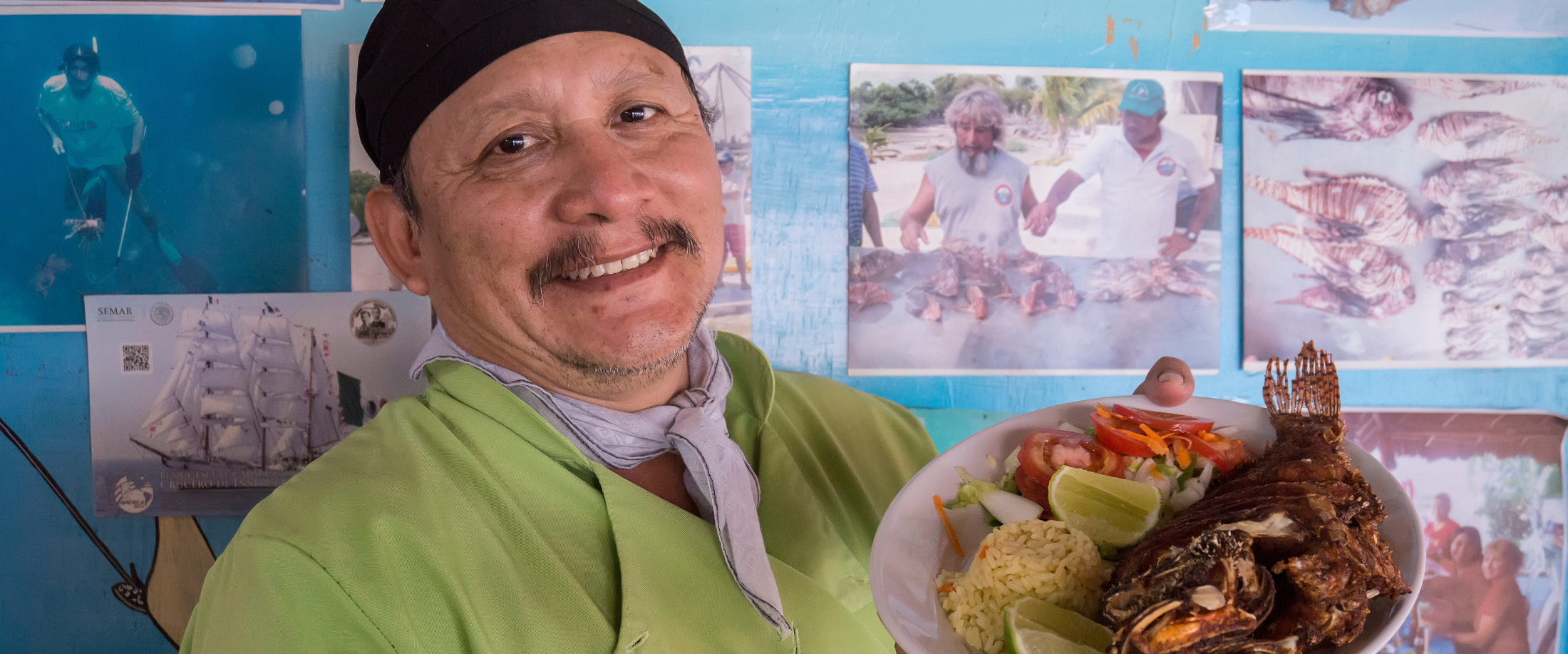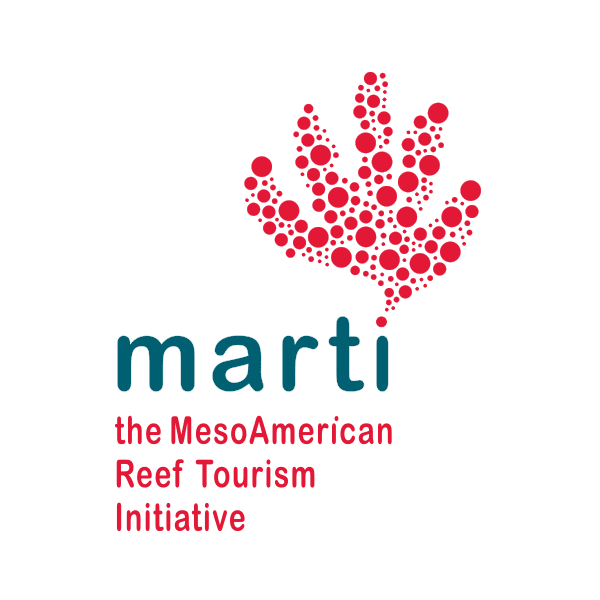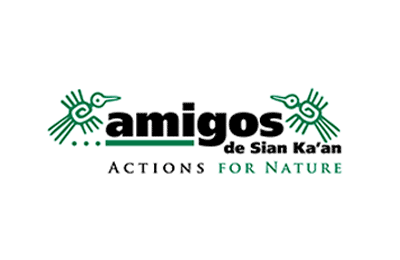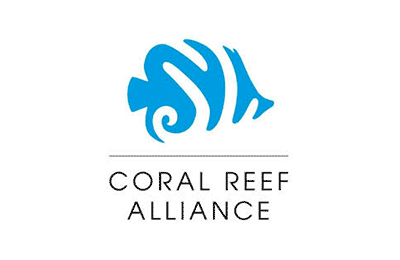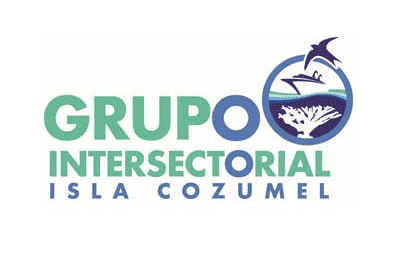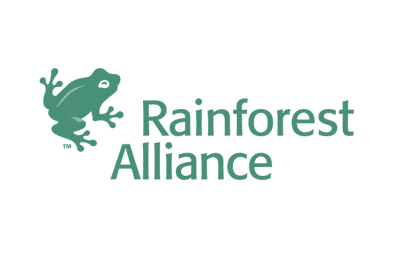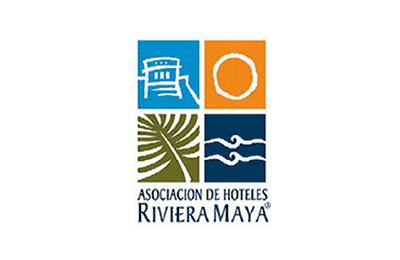Since 2009, venomous lionfish have been invading Cozumel Reef National Park, killing native fish and scaring both locals and tourists. Mexico’s National Commission of Natural Protected Areas (CONANP) quickly launched a successful campaign to get locals and tourists involved in turning the invasive species into a popular menu item. Divers and fishermen hunt the lionfish and send it to restaurants where it is cooked and served to hungry customers.
In 2009, the sighting of an unwanted guest caused great alarm on the island of Cozumel, in the Mexican Caribbean. “It was actually a dive guide who saw it and alerted the park,” remembers Christopher Gonzalez, director of Cozumel Reef National Park. It was a lionfish—an invasive, predatory species, full of venomous spines. “Immediately we covered the island with warning materials and the lionfish gained a very bad reputation.”
Soon, experts showed that the fish was not hazardous to humans and in fact, its meat was very nutritious. Even so, eradicating it was still urgent because it affected the health of the marine ecosystem.
Our Role
Mexico’s National Commission of Natural Protected Areas (CONANP), tourism entrepreneurs, academic bodies, civil society and conservation organizations deployed a successful campaign that has positioned Cozumel as a global example in lionfish eradication.
“Tourism was a key ally of success,” says Gonzalez. CONANP was already using its Environmental Walk-Through program, carried out jointly with MARTI, Coral Reef Alliance and the Cozumel Island Intersectoral Group (Spanish acronym GI), to train marine tourism operators on environmental topics and regulatory compliance for marine ecosystem stewardship. “Since they already had strong environmental awareness, they did not hesitate in helping us eradicate the lionfish.”
With support from MARTI and the GI, tour operators were trained in the identification and safe capture of lionfish and appropriate equipment was purchased to avoid damaging the reef. Suddenly, divers and guides were bringing in dozens of lionfish. Park staff kept records on the catch and then let the divers take the fish home to eat. They also began to organize tournaments for the capture of lionfish, holding seven of these events since 2010.
The park began hosting culinary demonstrations to promote the consumption of the abundant lionfish, and in 2011, 30,000 recipes were developed and distributed. For GI president Javier Pizaña, this was paramount. “People learned to eat them and not be afraid, fishers saw a good economic opportunity and restaurants featured it as a special dish on their menus. In addition, everyone feels they are helping take care of the reef.” Simultaneously, the GI carried out lionfish educational campaigns in the local schools, including a theatre play that was seen by 6,000 students in four months.
CONANP also trained fishermen and gave them subsidies to promote lionfish fishing outside the park. Other organizations created business plans for them to market the product.
“Thanks to these efforts, a good market was opened. Today we sell lionfish at a price that is better than the prices for four of the species that were our mainstay. We are happy because we are caring for the sea and our income has risen,” said José Pérez, president of the Cozumel Fishing Production Cooperative, the largest fishing cooperative on the island with 80 members. They have a restaurant where lionfish is the star ingredient.
In Cozumel today, more lionfish are captured and consumed than any other species and they are even imported from fisheries off the island. Tour operators still capture lionfish but mainly as part of their tours, providing entertainment and education for visitors. Cozumel reports one of the lowest lionfish densities in the Caribbean, with 14 individuals per hectare, while other countries report even 400 lionfish per hectare.
Location

Destination: Mexico

Region: Mesoamerican Reef
Dates
2013 – 2015
Program
This project was part of the MesoAmerican Reef Tourism Initiative (MARTI), a collaborative program that engaged the tourism industry in protecting the health of the Mesoamerican Reef while generating community benefits. Sustainable Travel International was a founding partner of MARTI and the initiative’s secretariat.
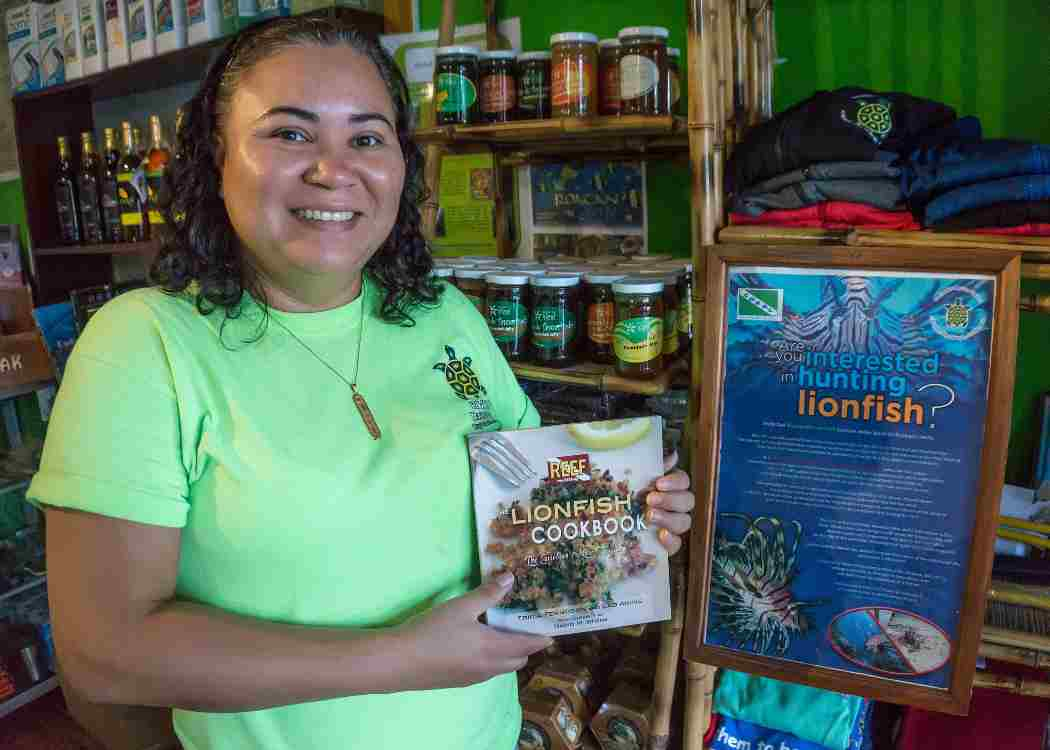
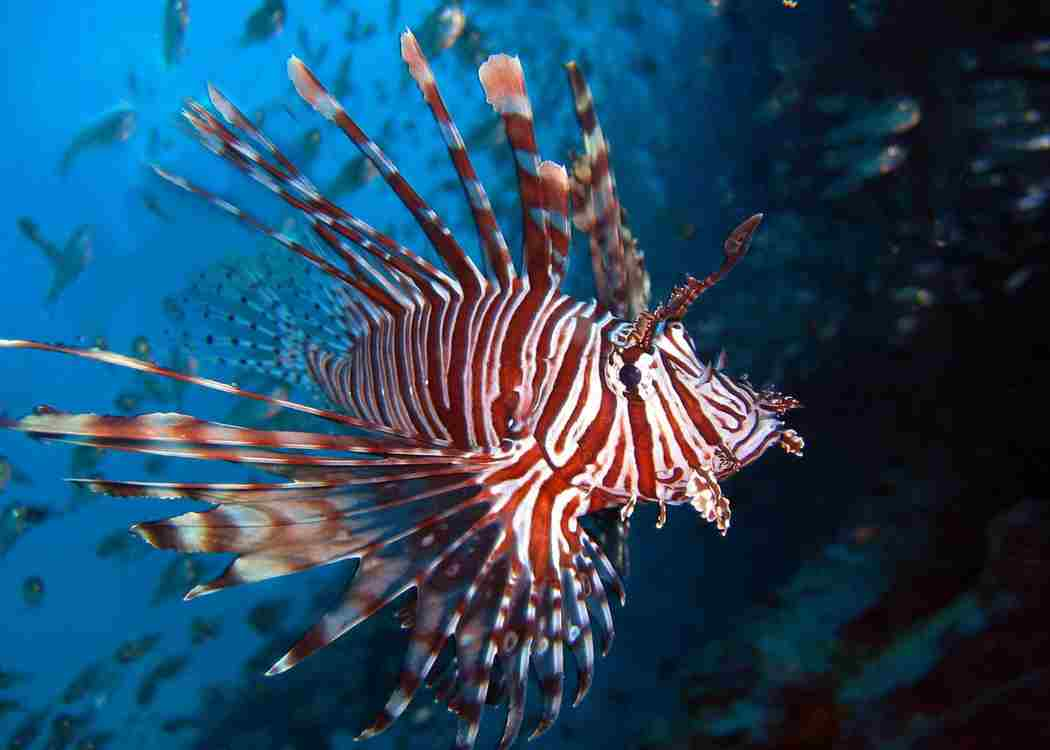
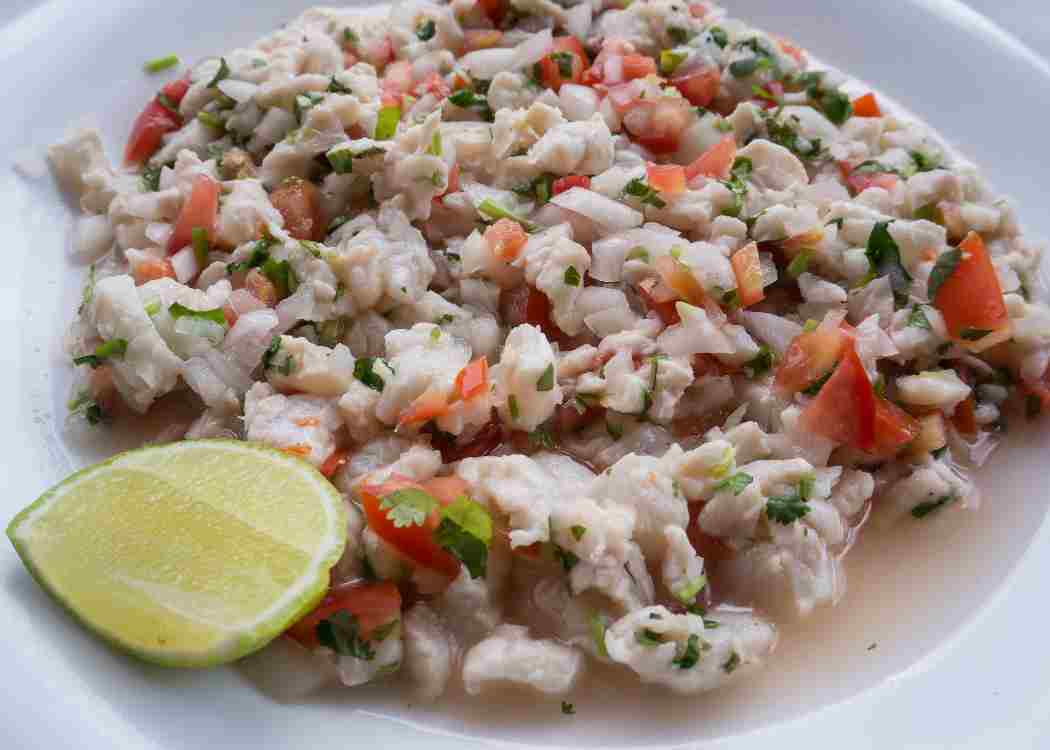
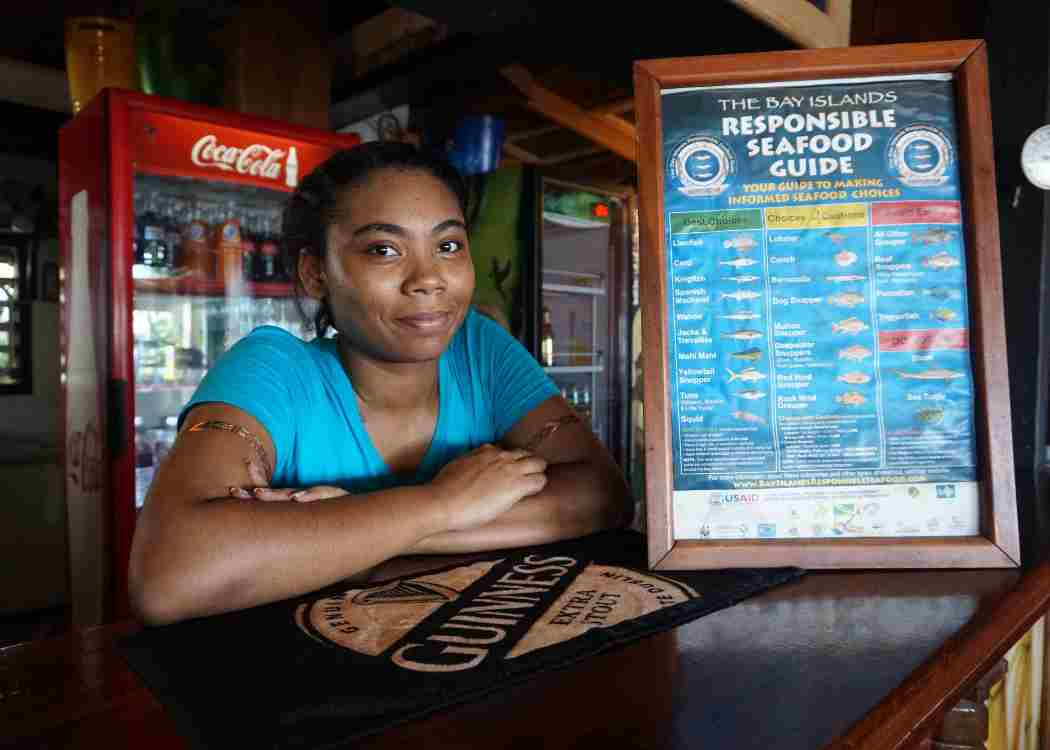
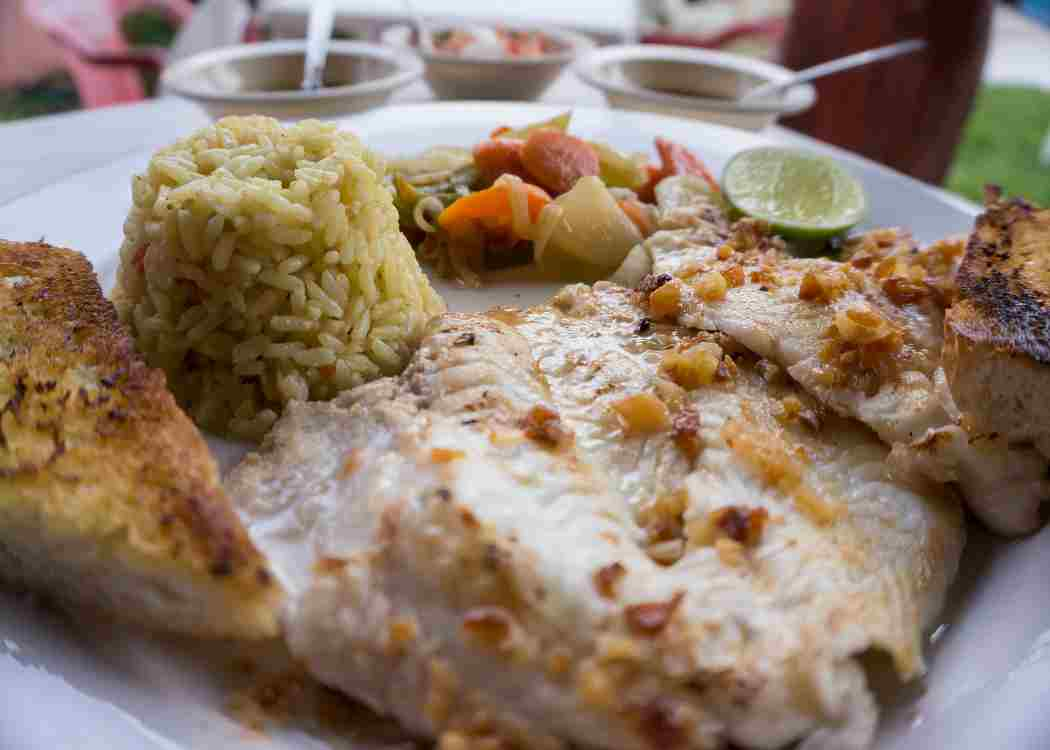
News & Stories
Protect the Places You Love
Help conserve our planet’s most vulnerable destinations and empower the people who live there.

